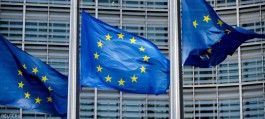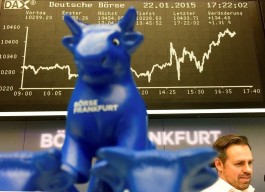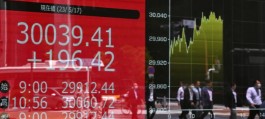This comes in light of the decline in the number of billionaires in the UAE in the Forbes list of the world's wealthy from 7 billionaires in the 2019 list to only 4 during 2020, after Saeed’s exit Bin Butti Al Qubaisi and Khalifa Bin Butti Al Muhairi, against the background of the crisis of the NMC Healthcare Company in which they own shares, while billionaire Saif Al Ghurair died.
Personal wealth in the UAE recorded a growth of 3.8% annually to reach $ 400 billion between 2014 and 2019, and the UAE accounted for 7.1% of the share of personal wealth in a region Middle East and Africa in 2019, according to Boston Report.
The report indicated that currency and deposits accounted for the highest percentage of the group of internally managed assets in the country, to account for 69.2% of the total personal wealth in 2019.
> The Boston company expects the life and pension sectors to grow at the fastest rate by 7.1% by 2024.The report proposed 3 possible growth scenarios after the Covid Crisis 19, including the rapid recovery scenario, the slow recovery scenario, and the continuous wealth decline scenario.
The report of the global wealth transfer issued by the Bank of Afro-Asia for the year 2019, showed that in the year 2018, the UAE attracted about 2000 of those with great wealth, and Dubai came at the forefront of cities Global attracted more than 1,000 millionaires in the same year, outperforming major cities such as Los Angeles, Melbourne, Miami, New York, San Francisco and Sydney.
It is noteworthy that it is indicated that the wealthy Arabs were affected, like other wealthy people, by the blow that the global economy received after the Covid-19 pandemic, and their number in the Forbes list of the world's riches decreased to 21 Billionaires, compared to 25 billionaires in the list in 2019, and the wealth of the wealthy Arabs eroded by 21.5%, declining from $ 60.3 billion last year to $ 47.3 billion in 2020, losing about $ 13 billion of its value.









































